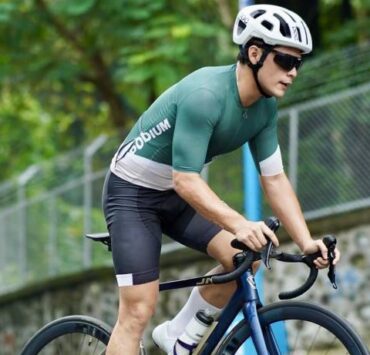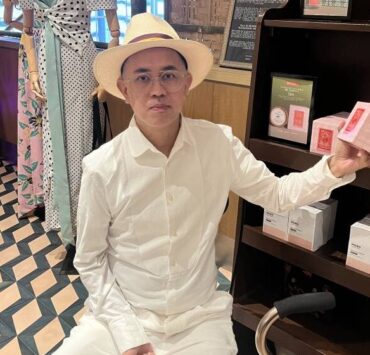Continuing conversation: Breast cancer survivorship care
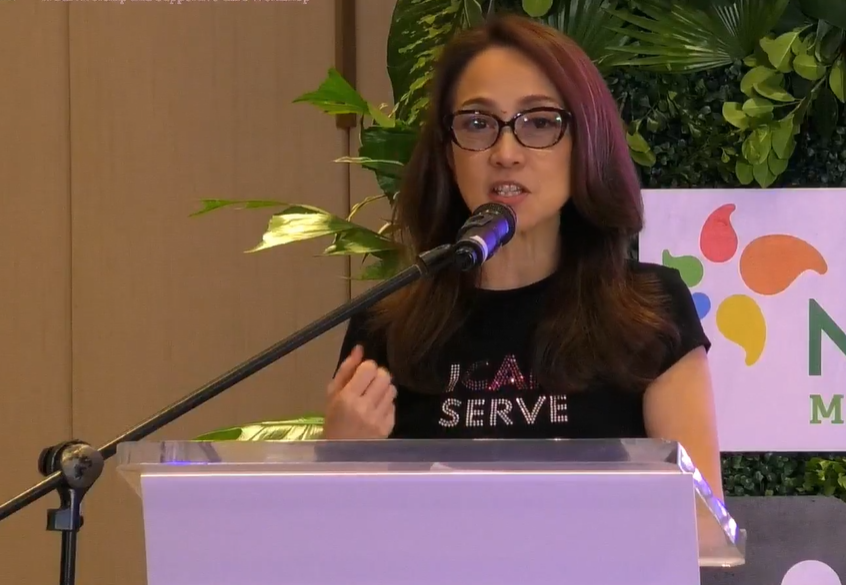
The recent two-day workshop titled “Leading With Care: Building a Supportive Future for Breast Cancer Survivors” concluded with the promise from its 150-strong attendees to come up with policy recommendations, a call to action and doable solutions that breast cancer patient groups can do in their community.
This was according to Kara Magsanoc Alikpala, who is founding president of IcanServe (ICS) Foundation Inc. The advocacy group is the organizer of the event that was held Oct. 4 to Oct. 5 at the Seda Hotel in Bonifacio Global City, Taguig.
“It’s rare for all breast cancer patient group leaders to come together to talk about topics not usually given the spotlight—survivorship and supportive care,” Alikpala told Lifestyle. “We will lobby for these proposals to ensure that all breast cancer survivors in the country get help. This will be a long battle.”
The workshop was designed based on what was listed in a survey as the top concerns for survivorship and supportive care Alikpala reported. Topping it at 90 percent is funding. Mental health was second, and third was follow-up care. Dealing with the side effects of chemotherapy placed fourth, and nutrition, last.
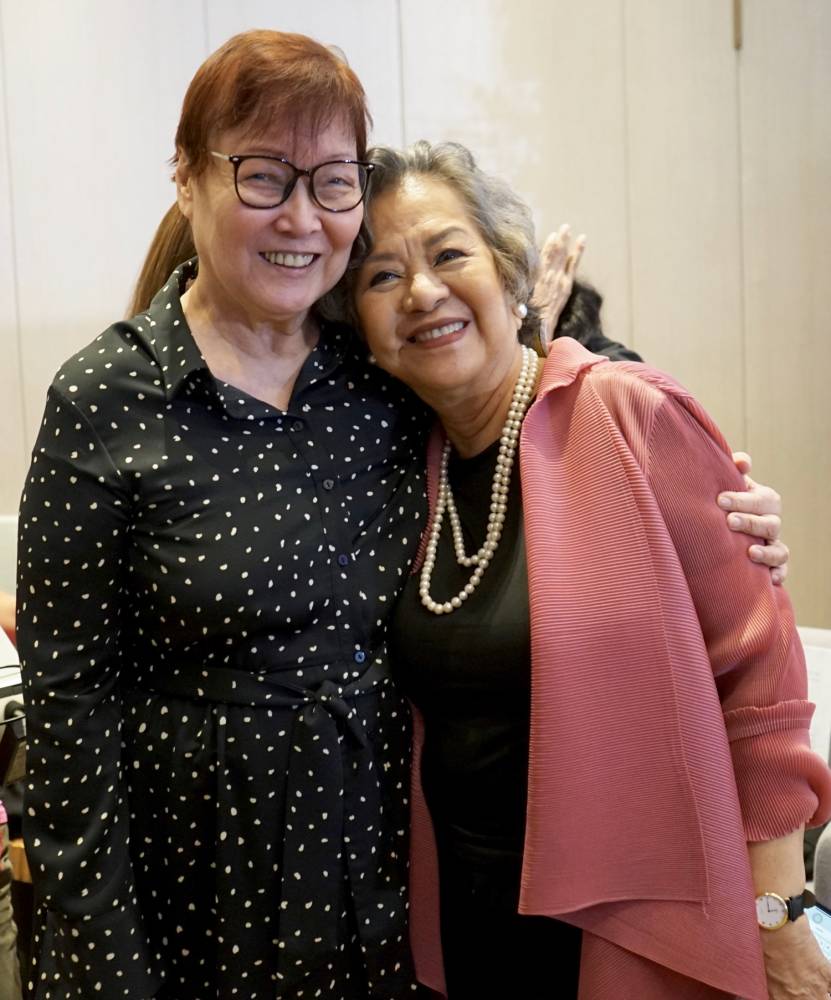
“On the first day, we learned that whether you are in the posttreatment phase or are still undergoing care, survivorship, and supportive care are about more than just checking things off in a medical to-do list,” said writer-director Bibeth Orteza, who is also ICS’ spokesperson and a breast cancer survivor of 20 years. “They are about living fully while managing the ongoing physical, emotional and practical challenges that come with the cancer journey.”
Orteza continued, “We also paid more attention to concerns that are not talked about a lot, like taking care of your mental health, managing your nutrition and taking care of your overall well-being. We even talked about financial benefits.”
Exercise as medicine
Equally interesting topics were tackled on the second day, Orteza added. These included exercise as medicine, as well as palliative and hospice care. There was also a discussion on how the public and private sectors can create a holistic multidisciplinary survivorship and supportive care setup or facility, and how this could be integrated into primary health care.
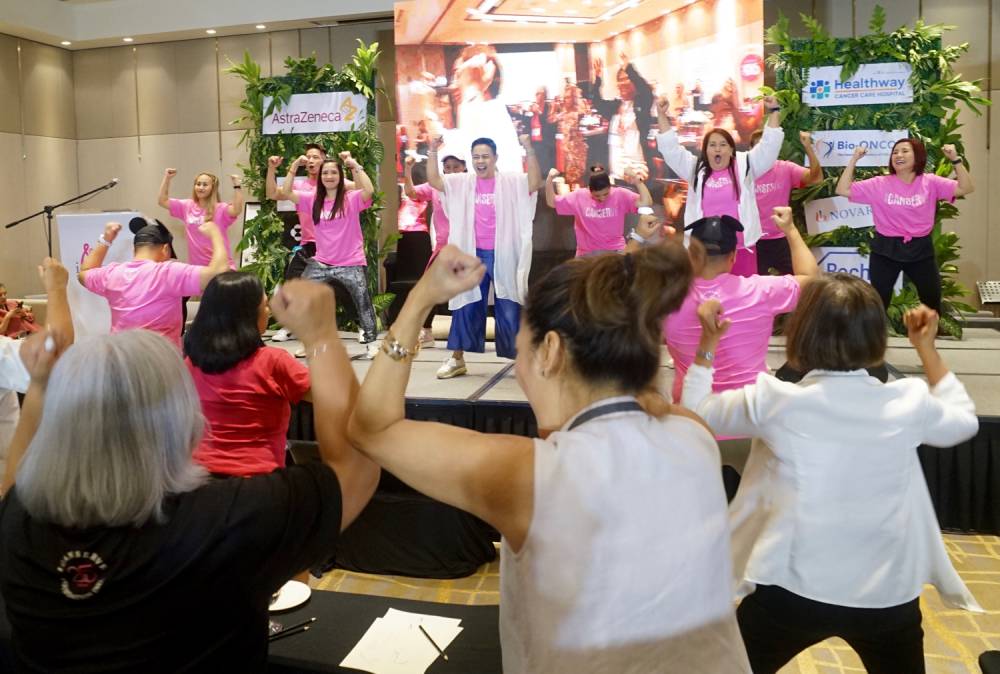
“The biggest challenge is not actually money, but how to combat fear. Patients don’t want to be checked right away because they’re afraid. It’s not just because they fear cancer, but also because they don’t know how to navigate the health care system—who should they go to for help?” said ICS committee chair for patient services Cecilia Rivera-Montales, who spoke about Ating Dibdibin, an ICS program that helps communities learn more about breast cancer and take action.
“It’s nice to have workshops like this where we feel stronger and, at least, we can come up with the same voice to use when talking to our legislators,” said Philippine Society of Oncologists Inc. president Herdee Luna. “This is often very difficult because we still need to do matching, meaning the priorities of the ones you talk to might not be the same as yours. It’s up to you to ensure they are the same. In this journey, there are so many lessons along the way. One is that a single effort might not sustain this cause, and so we need a champion and a community to sustain it.”
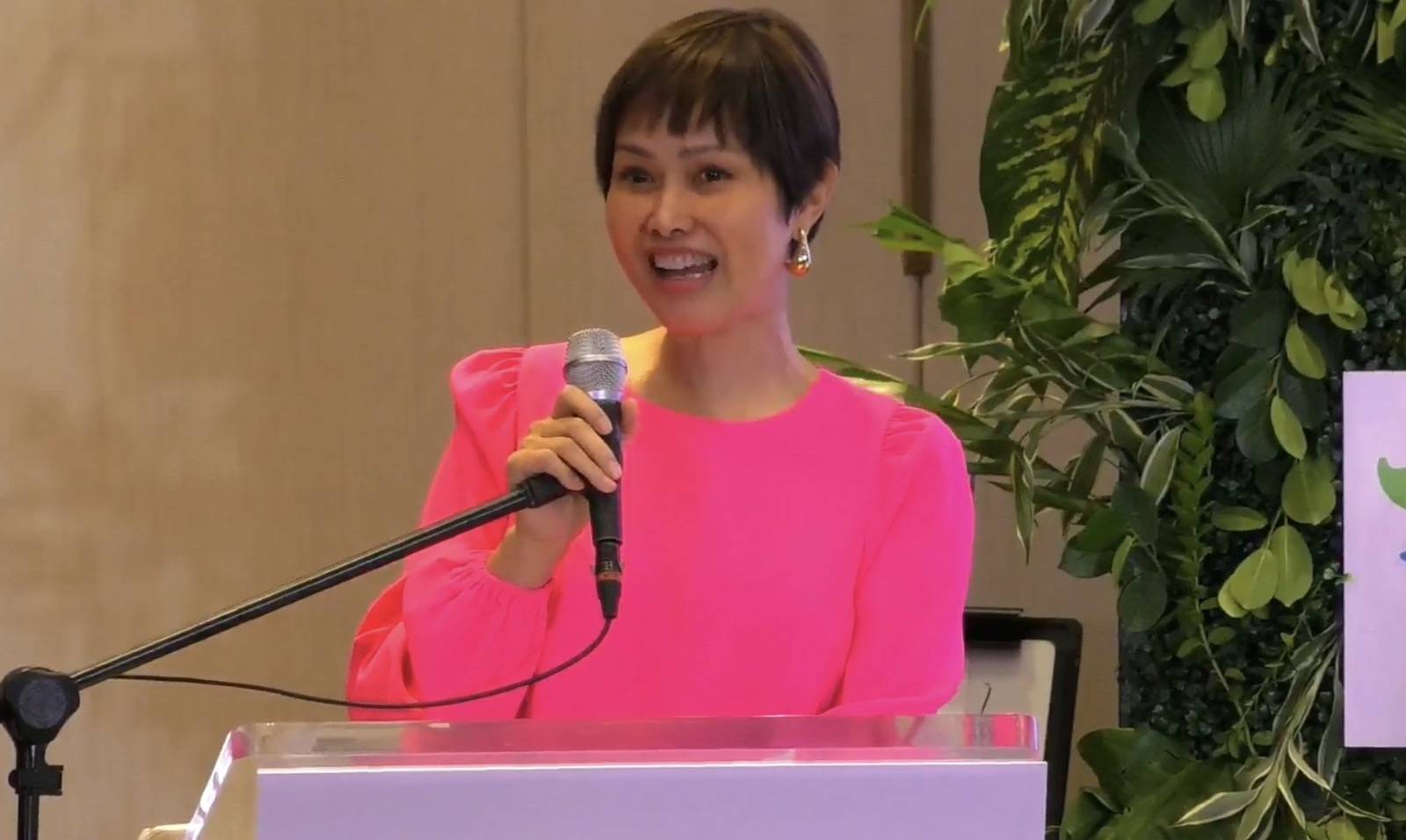
“All of us survivors, that’s what we can do also—kulit nang kulit. After a while we can also find somebody who can be interested in the same things that we are, and then something good will happen,” said Mimi Andaya Martin, a survivor and ICS volunteer since 2005.
Very personal
“Let’s continue the conversation and the work that needs to be done. These things take time but it’s also our job to keep the issues important to us alive, and nag government, the private sector, and socio-civic society,” said Alikpala in her welcome address. “For others, it’s just another policy, but for us it’s very personal.”
Alikpala continued: “The World Health Organization states that every human being has the right to the highest attainable standard of physical and mental health. Countries have a legal obligation to develop and implement legislation, and policies that guarantee universal access to quality health services. We are not asking for a luxury. We are simply claiming our rights.”
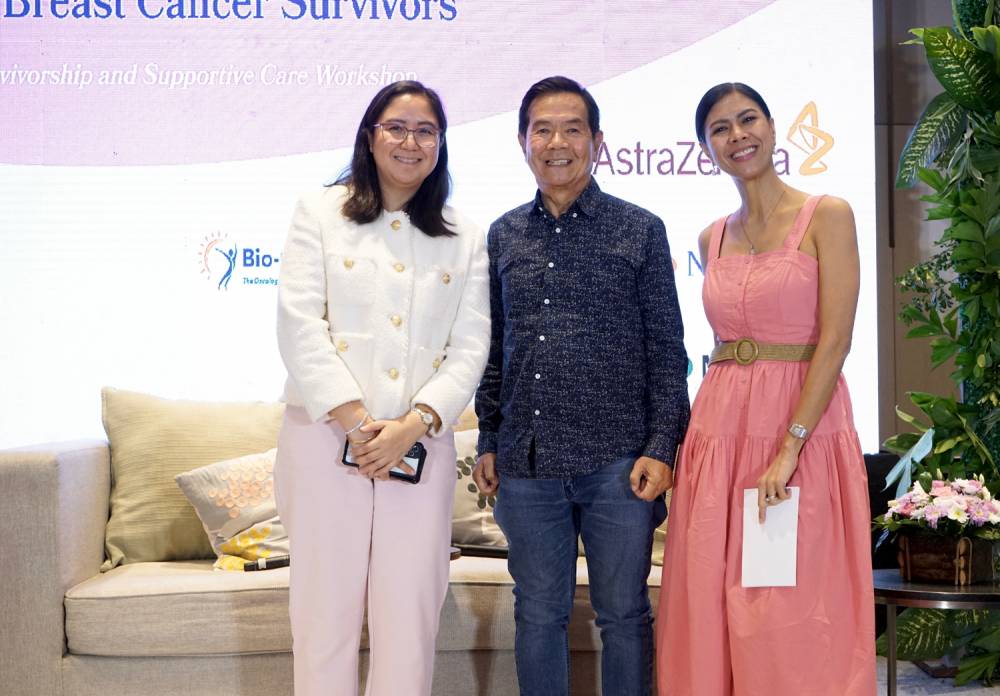
San Juan first lady Keri Zamora, who is also president of the Metro Manila Mayors’ Spouses Foundation, served as an inspirational speaker. Medical oncologist Don Dizon, who is also a professor specializing in women’s cancers, headlined the discussions on survivorship and supportive care. Conversations on nutrition were led by doctors Jaime Galvez-Tan and Maricar Esculto-Khan Tan, while a session exercise as medicine featured exercise psychologist Rob Newton.
Survivorship care refers to patients who have completed treatment for cancer, explains ICS on its official website icanservefoundation.org. This kind of care encompasses the physical, psychosocial, nonmedical and economic impact of a cancer diagnosis and its treatment. This also includes follow-up care and the management of long-term side effects.
Supportive care is the prevention and management of adverse side effects of cancer and its treatment. This includes management of physical and psychological symptoms and side effects across the cancer journey, from diagnosis through treatment to posttreatment care.
Workshop participants included members of Patient Power Philippines, an informal alliance of breast cancer support groups in the Philippines, and the city partners of the ICS.














